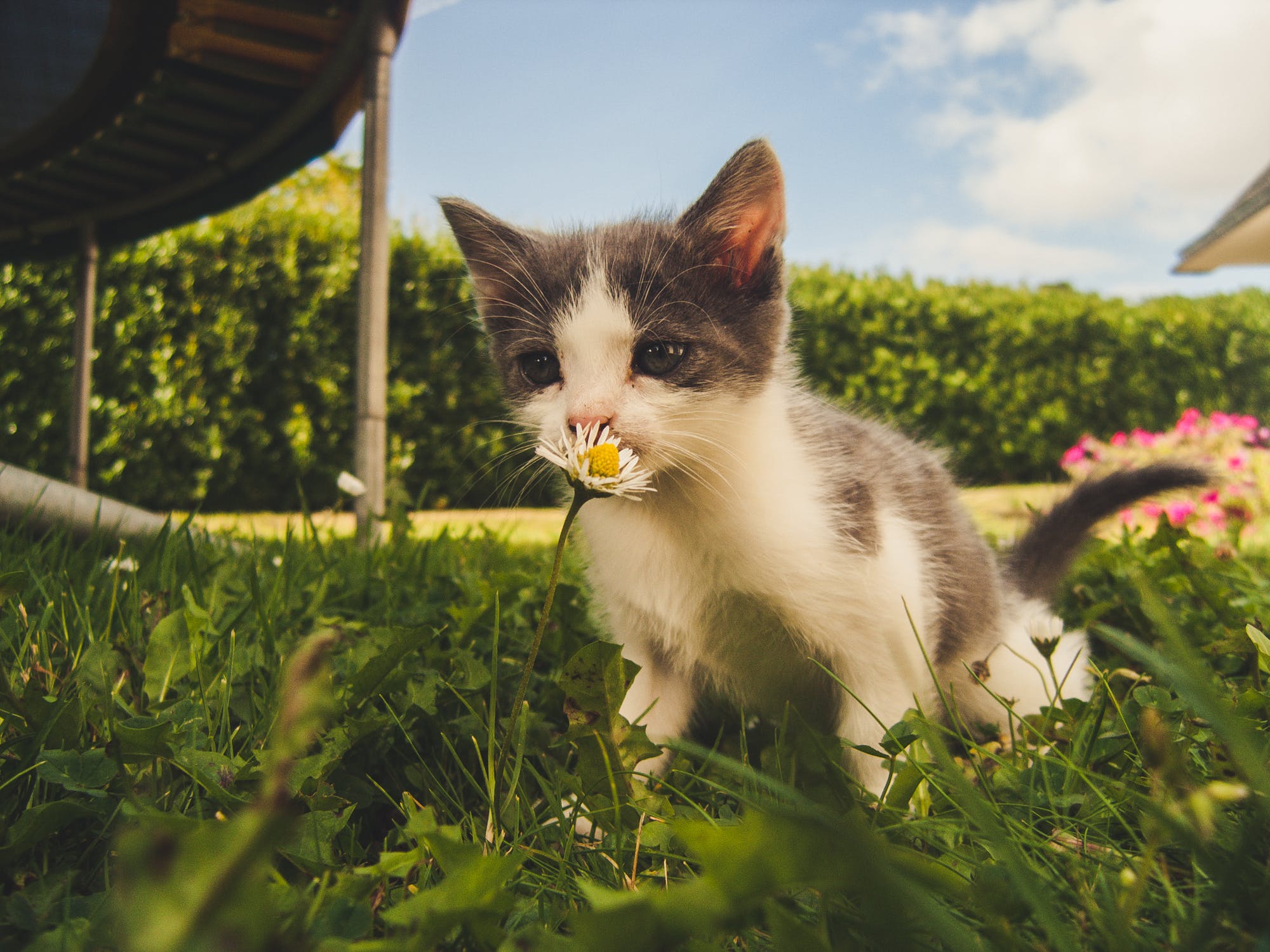If you have an outdoor cat or you’ve ever let your cat outside for a spell, you might notice that your feline companion loves to nibble and chew on grass. Dogs do it too, obviously, but it’s less alarming with them because most pups will eat just about anything. We also know that dogs tend to do it to relieve stomach issues and induce vomiting, often purging something troubling they ate in the process.
Cats are much more picky about what they interact with, and particularly what they munch on, however. So, it’s a much bigger mystery about why they eat grass, at least it has been until now. Scientists believe they may have figured out why cats do this.
Why Do Cats Eat Grass?

Research findings were recently presented at the International Society for Applied Ethology’s annual meeting in Bergen, Norway. Researchers from the University of California conducted a widespread survey that included over 1,000 cat owners, all of whom spend at least three hours a day with their pets and are aware of their companion’s activities.
It turns out that 71 percent of those cats were observed eating grass, and only a quarter of them vomited afterward. What’s interesting is that 91 percent of the cats did not appear to be sick before they ate the grass.
Like dogs, they are imbibing upon the greenery to kickstart stomach activity. However, the scientists say it’s not due to an act of self-medication, but more of an “evolutionary behavior” that’s centuries old. According to the researchers, cats eat grass to expel intestinal parasites as their ancestors did.
After eating the grass, the muscles in their digestive tract see an increase in activity which helps to expel unwanted stomach contents.
Since cats are natural hunters, going after rodents — which can be disease and parasite riddled — it’s clear the instinct is designed to protect them.
What Else Did They Learn?
During the study, scientists also discovered that cats 3 years of age or older are more likely to eat grass than their younger counterparts. Despite this, older cats are also less likely to vomit after eating it. Perhaps because they’ve built up some kind of immunity over time, or their stomachs are just much less prone to irritation.
Regardless, now we have a much better idea of why cats munch on grass while they’re outdoors. How many of you out there saw the answer coming?
According to the research team, cat owners should “buy or cultivate some indoor grass for your pets to chew on.”
That way, they can expel dangerous substances from their stomachs if need be, including potentially poisonous plants that are kept around the house. If and when a feline companion throws up, their owners should “take solace in your knowledge that it wasn’t on purpose or out of spite … probably.”
You might also want to keep some cleaning supplies handy.


